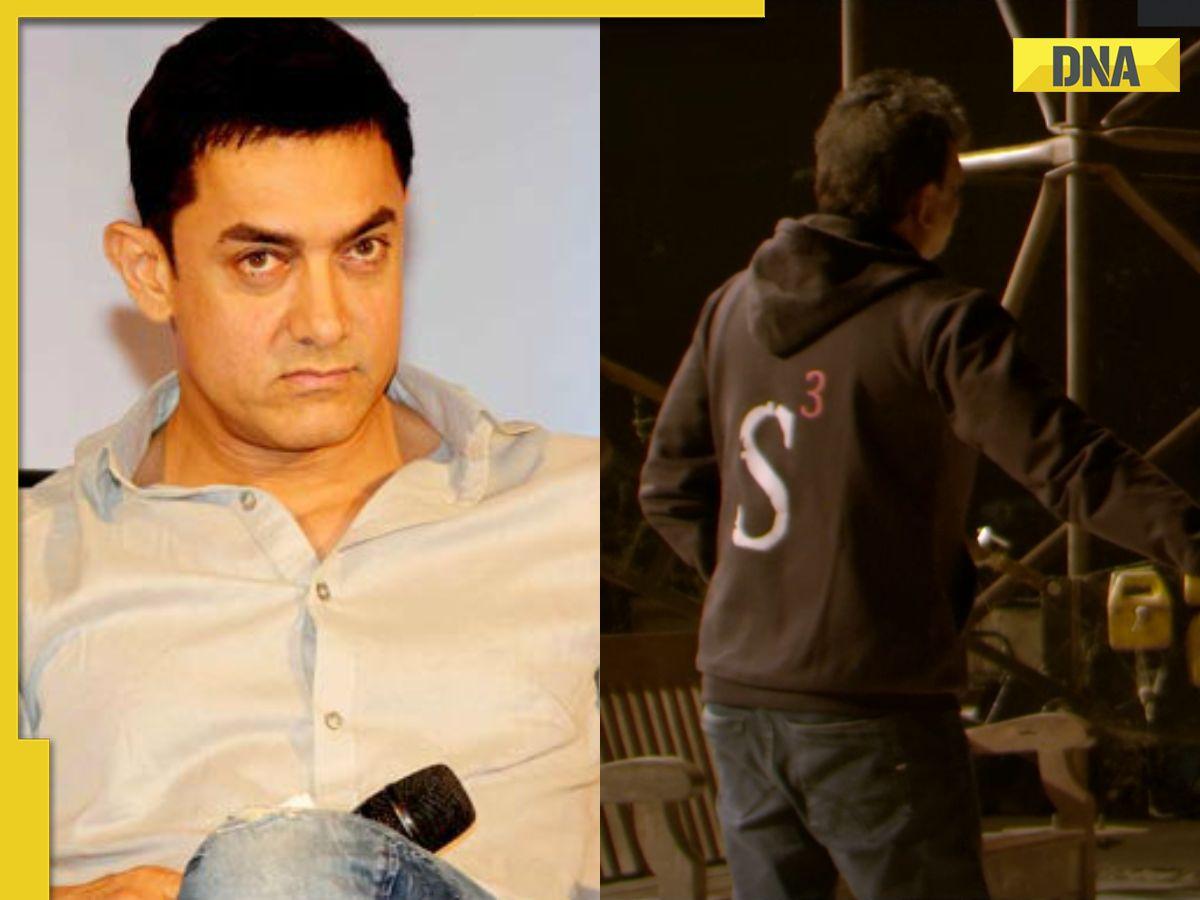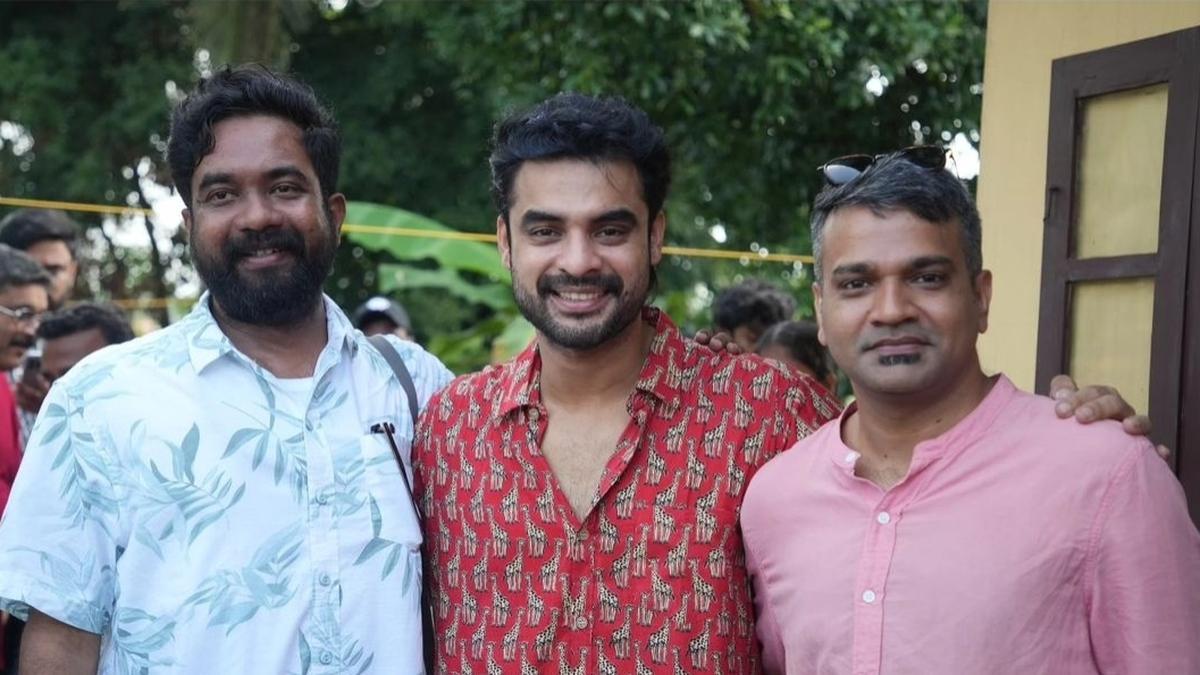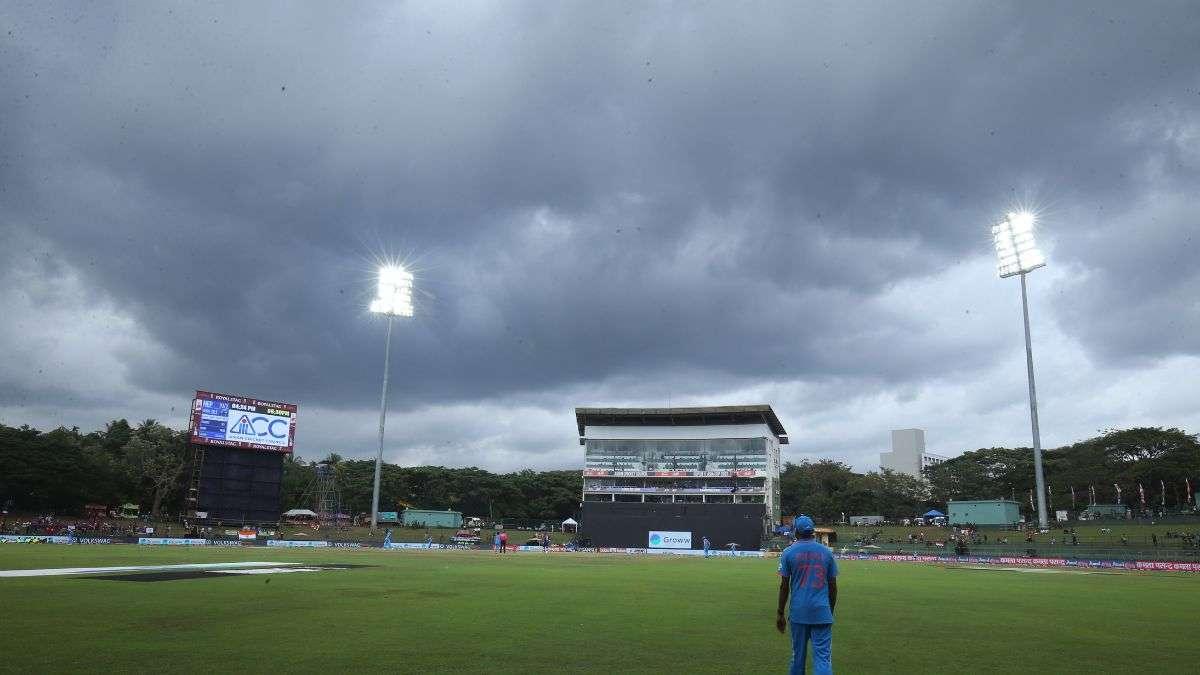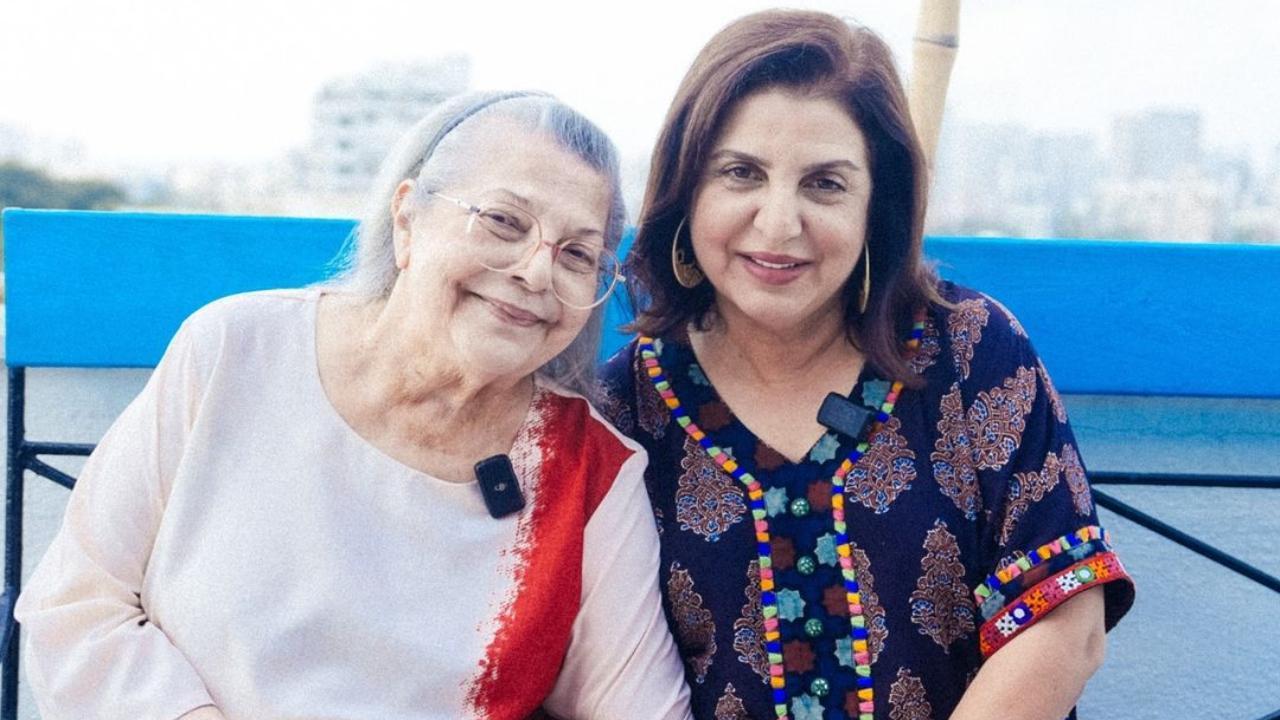
Bollywood’s elite actor Aamir Khan, appreciated for his unwavering commitment to cinema and often hailed as a quintessential director’s actor, holds a track record of fostering enduring collaborations in the film industry. However, there exists an anecdote from the 1990s, a tale of a severed partnership that left the actor disillusioned with a filmmaker he once delivered a historic hit with.
A collaborative cinematic venture that etched its name into the annals of Bollywood’s box office chronicles was that of Aamir Khan and director Ram Gopal Varma with the movie “Rangeela.” The 1995 release, featuring the enchanting Urmila Matondkar and the formidable Jackie Shroff, captured the hearts of audiences and critics alike. The film’s allure propelled it to become one of the top-grossing films of its time. Despite the massive success, Aamir and Varma’s alliance disintegrated post “Rangeela,” marking the end of what could have been an illustrious series of joint endeavors.
The root of this estrangement can be traced back to a comment made by Varma, seemingly innocuous, yet potent enough to tarnish the rapport between actor and director. The controversy emerged from Varma’s remark that the actor who portrayed a waiter in a particularly celebrated scene from “Rangeela” outperformed Aamir Khan. This assertion spread like wildfire, inflicting a sense of betrayal upon Aamir.
The infamous scene, forever imprinted in the minds of cinephiles, boasted the line, “AC is on, sir,” which elicited waves of laughter from the audience. But was Ram Gopal Varma serious about his comparison? The director later clarified, in a bid to demystify the comment that had inevitably fueled the feud. During a conversation with Bollywood Hungama, Varma elaborated that his observations were misinterpreted, explaining the intricate mechanics of performance and its on-screen reception. Varma had attempted to highlight how the waiter’s expression, a testament to the actor’s competence, was pivotal to the scene’s humor and not solely reliant on Aamir’s dialogue delivery.
Nevertheless, the damage was done. Varma, in hindsight during the same interview, acknowledged his culpability in causing Aamir to feel slighted, accepting that regardless of the benign nature of his commentary, the outcome was a fracture in trust that could not mend. Varma conceded that while the world celebrated “Rangeela” and the waiter’s cameo was but a fleeting moment, Aamir’s perception of betrayal was a misfortune entirely attributable to Varma’s own oversight.
The aftermath of the incident was a palpable void where once existed the potential for cinematic masterpieces. Aamir Khan, known for his careful selection of film projects and an unforgiving stance towards breached trust, chose to steer clear of any prospective collaborations with Ram Gopal Varma. Events unfolded such that the two stalwarts, even if present at the same social gathering, would find their paths consciously uncrossed, a testament to the gravity of the rift between them.
This anecdote, a stitch in the vast tapestry of Bollywood history, serves as a poignant reminder that in the realms of creative expression, the line between praise and insult can often blur, resulting in unanticipated fallout.
Meanwhile, the film industry continues to evolve, with new alliances forming and old ones dissolving. As the curtain rises and falls, the saga of Aamir Khan and Ram Gopal Varma remains a tale of unparalleled success marred by a simple miscommunication, an echo of caution to the power of words in shaping the legacies of cinema’s finest.
For those inspired to delve deeper into Bollywood’s rich narratives or to revisit epic performances, the DNA app can be downloaded from the Google Play Store, inviting users to engage with a continuum of content and share their insights with the creators.










